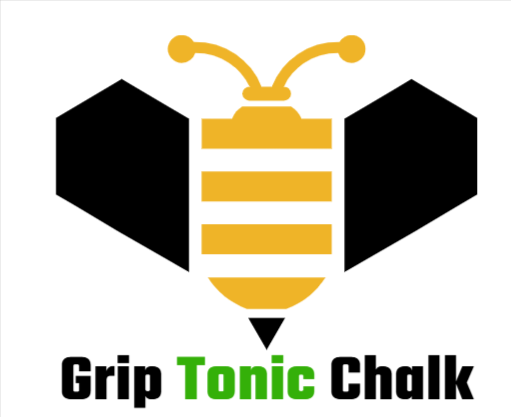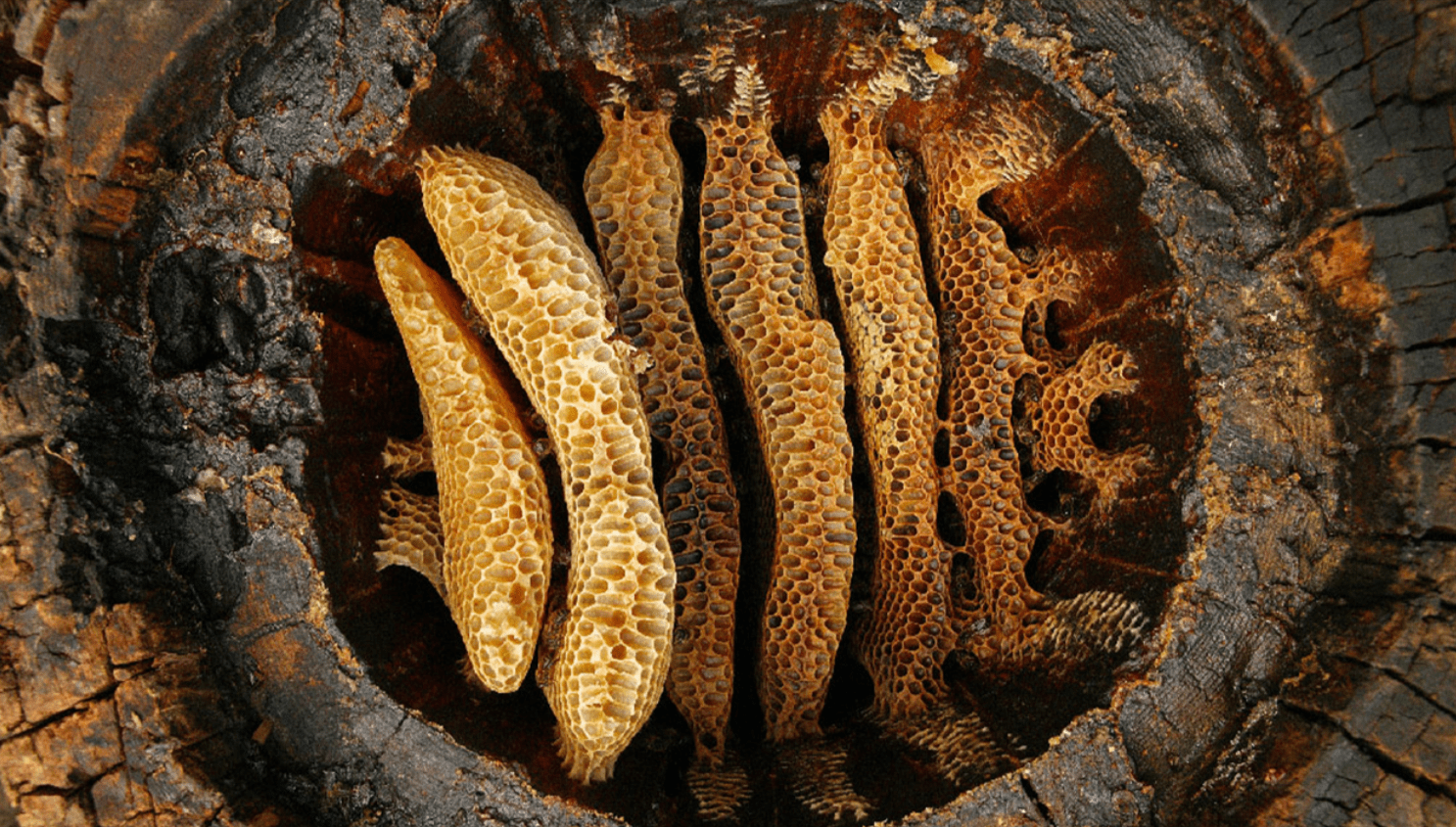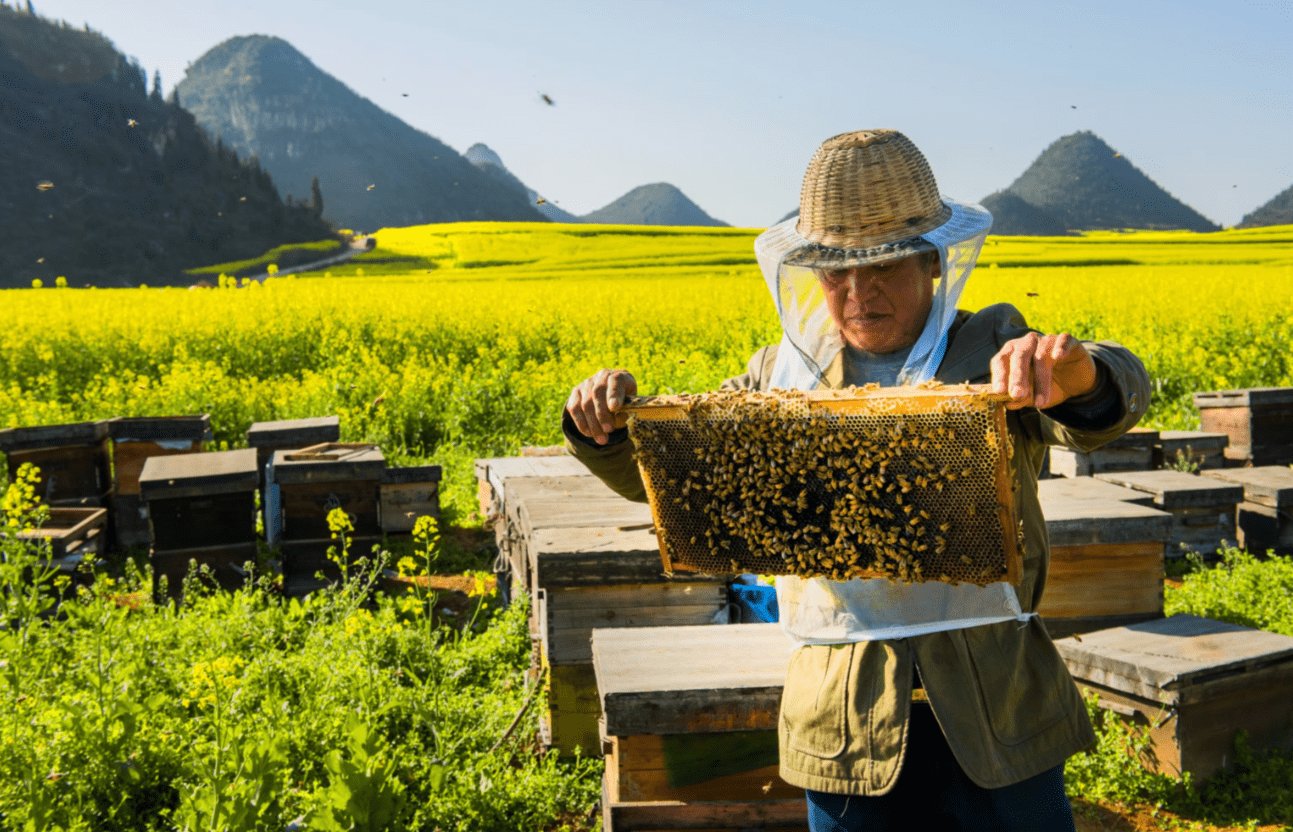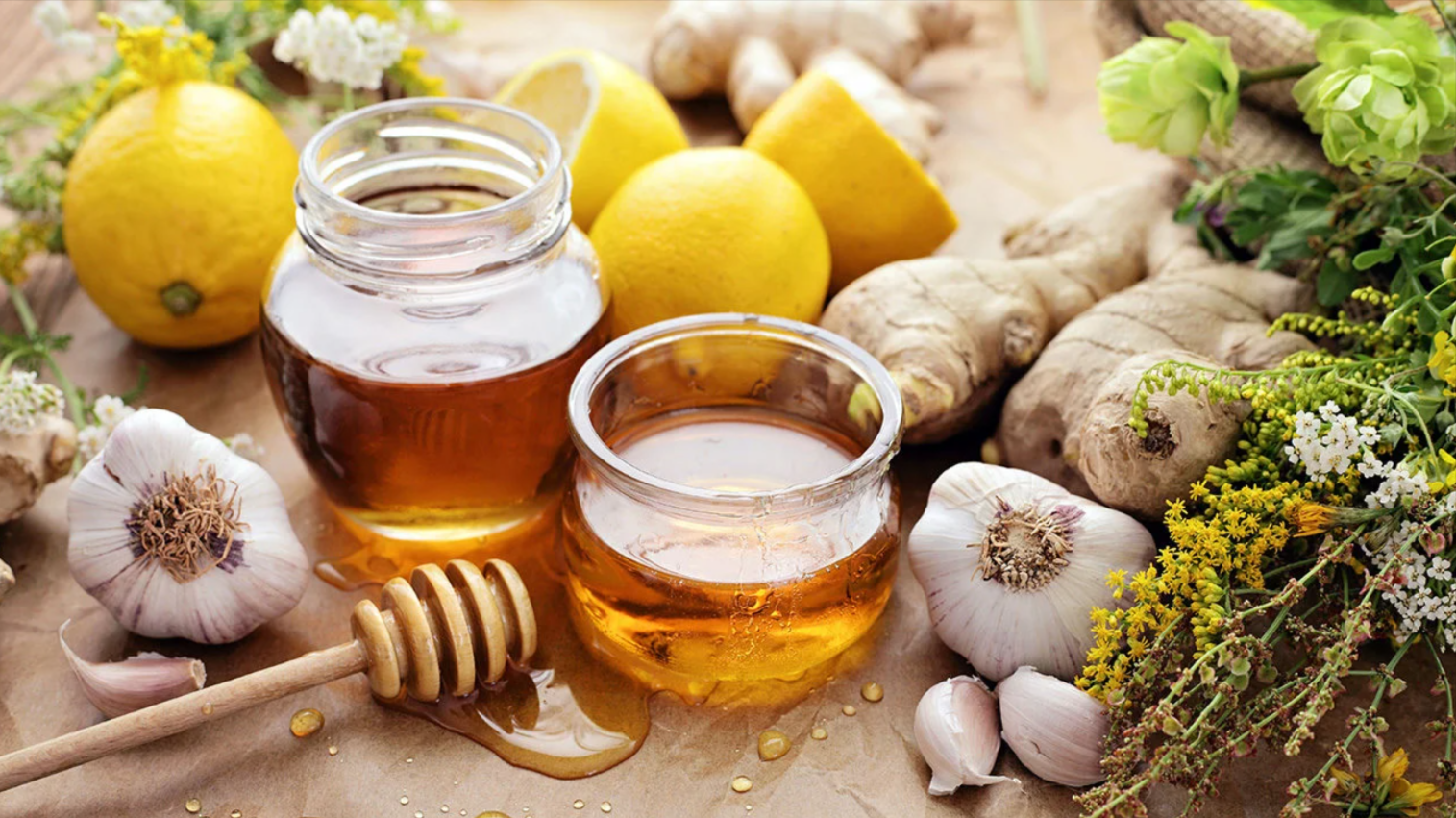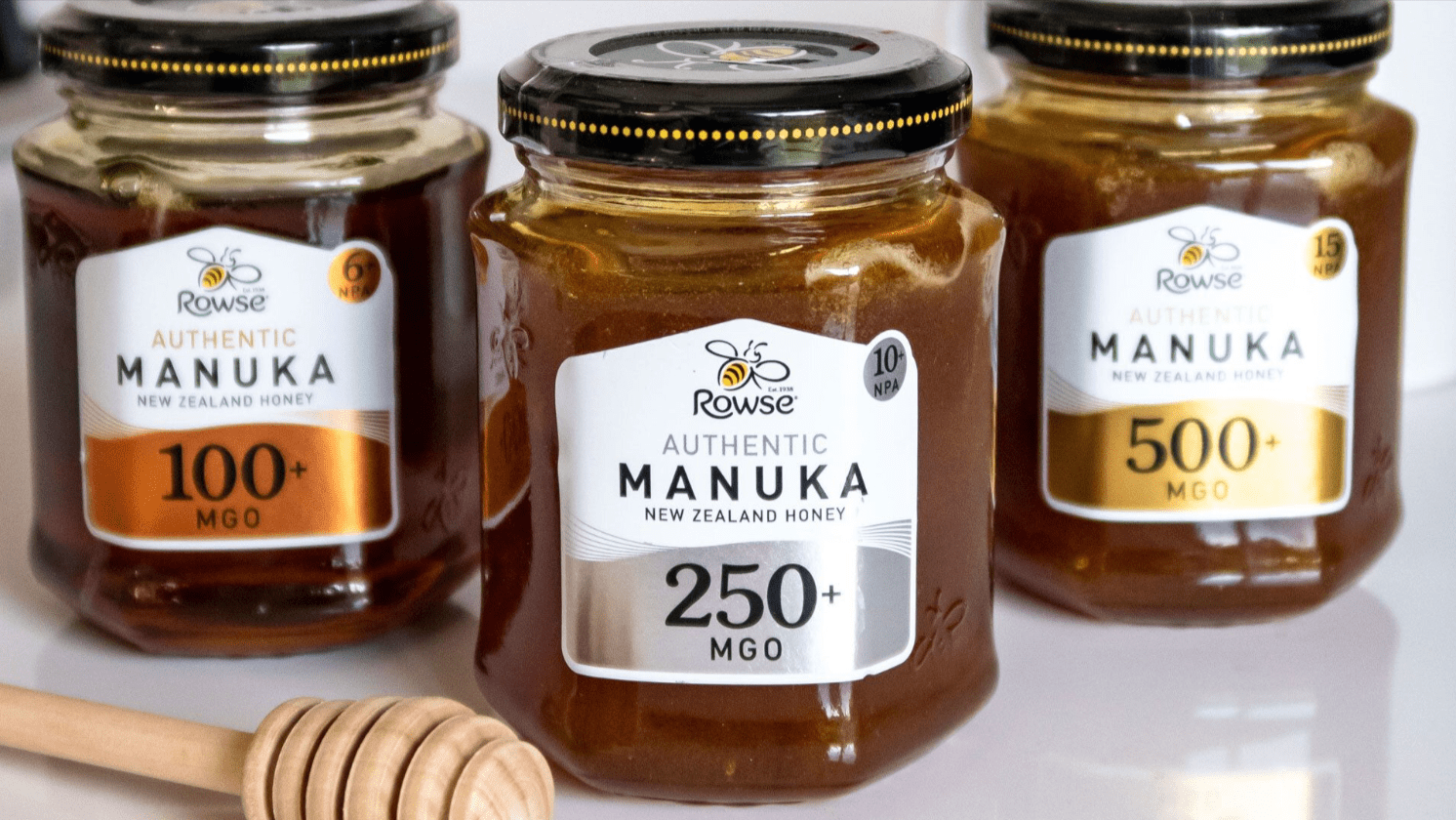How to Use Honey for Natural Allergy Relief

One of the biggest problems that most people face which is also the most disturbing is an allergy, specially during certain time of the year like spring when pollen is high or fall. These can give rise to various troublesome signs and symptoms, including sneezing, itching, runny eyes, and congestion. The pharmaceutical options are numerous, but some people would like to try natural allergy treatment to find relief from their allergies. One old remedy that is recently getting wider acceptance is honey. But how does honey help with allergies, and how do you use it to reap allergy relief from pure honey?
What Are Allergies and How Do They Work?
But before we dive into how honey can be useful, we need to understand what exactly are allergies, and why do they occur. Chemicals and proteins that are totally innocuous, such as pollen or dust mites, and organic and inorganic material, like animal dander, tree nuts, wheat, and milk — the body responds aggressively as though these substances cause allergies. We refer to these substances as allergens.
Antibodies are produced by allergic patients against allergens since they see them as a threat to their immunity. Thereafter, histamine and other molecules are released by those antibodies, resulting in symptoms of itching, swelling, and inflammation-allergic manifestations.
Many times antihistamines relieve allergic symptoms by blocking the action of histamine; however, many people tend to look to nature for cures-in this case, honey.
How may honey be useful In Allergies
Due to the fact that honey – especially raw honey – is a natural product with a positively diverse nature; A remedy that has been used in medicine for hundreds of centuries known for its antibacterial, anti-inflammatory and antioxidant capacity. As for allergens, honey cures for a few reasons:
1. Local Pollens in Honey
Honeybees make honey out of nectar, which has tiny bits of pollen from different flowers. In particular the local honey may have the particles from different plants in your area. It is thought that the local pollen, eaten in small amounts, helps to build your body a tolerance to the allergies of your area. It is reminiscent of allergy shots where small amounts of the allergen are given in the patient so that over time the patient builds immunity.
2. Anti-inflammatory Effect
The anti-inflammatory effect is one of the key attributes that makes honey effective as a natural remedy. In fact the core of most of the allergies has a form of inflammation. In the case of hay fever, for example, the inflammation of the nasal passages and eyes is responsible for the discomfort. And although an allergic reaction brings about the inflammation process, honey does assist in cooling that inflammation, thus providing a product whose purpose is to treat the allergic reaction.
3. Antioxidant Effect
Honey has numerous antioxidant types with various impacts on the human system (549). The most prominent among them served as neutralizers of free radicals in the body. Helping you can in reducing allergy symptoms hence they have an anti-inflammatory effect and acts as an immuno-stimulant.
4. Soothing Effect on the Throat
The most common way to use honey regarding allergies is as a raw food. When honey goes down, it provides a sense of relief and partially coats the throat. You're going to be under this effect for a short time but it'll most likely provide relief from itchy throats, and coughing you might feel.
What Is The Science Behind Honey for Allergies
It is a common anecdotal data honey for an allergic reaction. So far the science is not exactly certain, but a lot of studies seem to indicate that,
Honey was reported in a 2009 article in the Journal of the Science of Food and Agriculture to inhibit respiratory inflammation when high in antioxidants. There's also some research that suggests local honey can relieve some allergic symptoms, but the evidence is weaker.
But as we said, honey is not a cure for allergies, it can not cure your allergy and it can be helpful if used as part of a long term approach to naturally relieve allergies.
Honey the Natural Allergy Relief
For advice on how to use honey to try and manage your allergy symptoms, Draxler Hunsicker offers the following:
1. Consume Raw Local Honey
The easiest application to use honey to alleviate allergy symptoms is local raw honey. You need for allergy relief all of the good bits – brood, enzymes, and antioxidants, which only comes in crude type honey— so none of this processing.
How to Use It:
Start with 1–2 tsp of raw local honey per day.
It is best to drink it during the morning and preferably on an empty stomach so that your organism can better absorb the health benefits.
If necessary, work up to no more than 1 T. per day.
Why Local Honey? Honey has long been reputed to work wonders for allergies — and the clue lies in the pollen trapped in honey. Local honey which is made from flower nectar in your area potentially offers a more targeted dosage of the pollens that you may be sensitive to. This could be a good thing, as it enables your immune system to gradually acclimatise to the allergens it is most likely to come into contact with.
2. Honey, Lemon Tea for Allergy Relief
One of the simplest and most relaxing methods for using honey for allergies is to blend it with warm water or lemon tea. This combination will soothe your throat and also protect your body. Lemon is a good source of Vitamin C which helps boost immunity.
How to Make It:
- In a mug, mix 1 tbsp raw honey with 1 tbsp fresh lemon juice.
- Pour in some warm water (never hot!) and stir well.
- Consume this blend once or twice daily for relief.
How It Works: Lemon is rich in vitamin C, which can enhance immune function and work as an anti-inflammatory. Irritated throat tissue can be treated with honey because it has anti-inflammatory properties.
3. Honey Apple Cider Vinegar Drink
Apple cider vinegar (ACV)ACV is a popular natural remedy for allergies. This can be prepared to make a powerful detox fly drink with honey, helps to clear excess mucus from in your. Related Read How To Control Allergy Names By Health Benefits It Can Help Clear Mucus Surplus In Your Body.
How to Make It:
- Combine honey — 1 tbsp honey apple cider — 1 tbsp warm water.
- Combine it well, and consume it as soon as per day, preferably within the AM.
Why It Works: Apple cider vinegar helps balance your body pH level and reduce mucus, both of which can contribute to worsening allergy symptoms. Honey may soothe the throat, decrease the amount of irritation, and provide some antioxidants.
4. Honey for Nasal Congestion
In addition to eating honey, you can apply topically for nasal congestion, the other allergic symptoms.
How to Use It:
- Mix together 1 tbsp honey, 1 tbsp lemon juice and some drops of warm water.
- Using a neti pot or nasal spray bottle, rinse out your nose with this solution—gently snorting it in in and out of your nasal passages.
Why it works: The honey soothes and lubricates the membranes in the nasal passages and the lemon juice helps to dissolve mucus and promote drainage.
5. Honey and Ginger for Sinusitis
Ginger is another powerful natural anti-inflammatory that may help lessen allergy-related inflammation and pain. Gainge, paired with honey, is even a stronger ally against allergy symptoms during autumn season.
How to Make It:
- Add fresh ginger into water and boil for 10–15 minutes.
- Let it cool down for few minutes and add raw honey – 1 tbsp.
- Ginger is a good anti-inflammatory, and this ginger-honey tea is a fantastic draining drink full of good stuff for your sinuses.
Why It Works: Ginger is an anti-inflammatory that may help reduce swelling in the nasal passages and sinuses, and honey is demulcent and can soothe tissue.
More Natural Honey Home Remedies to Cure Allergies
In addition to those remedies listed above, here are a couple of additional suggestions for incorporating honey into your daily life to relieve your allergies naturally.
- Allergy- If you tend to get an allergic reaction that might lead to skin irritation as a face mask, it can also avoid redness or swelling after application of honey on face. Simply smooth out some raw honey in the area, wait for 15–20 minutes and rinse with warm water.
- Honey + probiotic yogurt = Gut health — A balanced gut microbiome (think balance between bad and good bacteria) is important for regulating immune responses to allergens (such as tree nuts). Toss a bit of raw honey into a probiotic yogurt bowl for digestion and gut inflammation support, which could help your immune system.
- For the last one.Coughing, which is absolutely one of the allergy symptoms and honey can help to suppressый it as well, here comes our love. A teaspoon of honey before bed might help those nighttime coughs so you can get some rest.
Final Thoughts
Honey is not an allergy panacea, however, it is a beneficial natural remedy with its own unique advantages that may help reduce symptoms and promote overall health. Local raw honey may help build a genetic tolerance within yourself to local allergens and can also help treat the common mild symptoms we all experience like nasal congestion, a persistent cough, and skin irritation.
Honey is not the cure all for allergies, but part of a whole. Tell a health care professional if you have any allergic symptoms that are severe or do not go away, or an allergy that does not get better.
